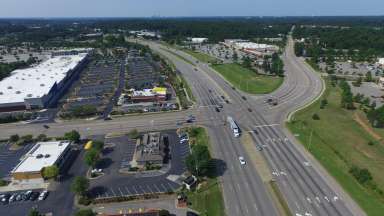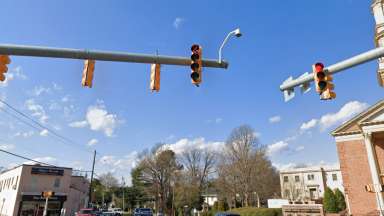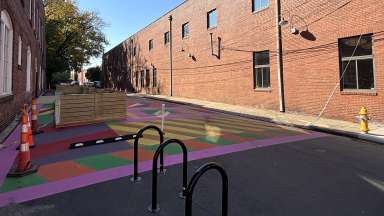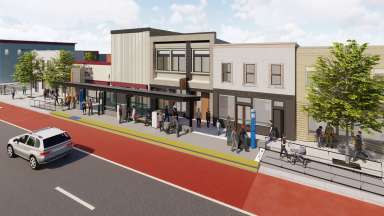The LGBTQIA+ Historic Context Study is now complete. The final report and project summary are available to read.
Thanks to all who attended the final community meeting on March 24. The Raleigh Historic Development Commission (RHDC) accepted the final report on April 9 and City Council received the final project presentation on April 15.
The City of Raleigh, on behalf of the Raleigh Historic Development Commission (RHDC), has hired a consultant to prepare a historic context statement. The report identifies places important to LGBTQIA+ history and culture in Raleigh and provides criteria for evaluating future sites for either traditional historic designation or alternative forms of non-regulatory recognition.
This project is a first step to document and recognize historic places important to Raleigh’s LGBTQIA+ community. It is not a comprehensive LGBTQIA+ history of Raleigh or of North Carolina. The final report includes a brief history of Raleigh’s LGBTQIA+ communities, 8 oral history interviews, a list of significant historic places (both existing and lost), documentation of 20 important places, and recommends sites and topics for future research.
Thanks to those who have followed the progress of Phase I, attended the community meetings, and participated in online surveys. Phase II of this project began in July 2024 with a community kickoff meeting. Led by MdM Historical Consultants, Phase II builds on the preliminary research and historic places roster developed during Phase I and has delivered a final report for public use.
Please visit the Email Alerts page to sign up to receive alerts from the RHDC about historic preservation projects and meetings.
Project Details
- Type:
-
Historic Preservation
- Date Range:
- -
- Budget:
-
$29,000
- Project Lead:
-
Erin Morton Pugh, Senior Preservation Planner
- Contractors:
-
MdM Historical Consultants




